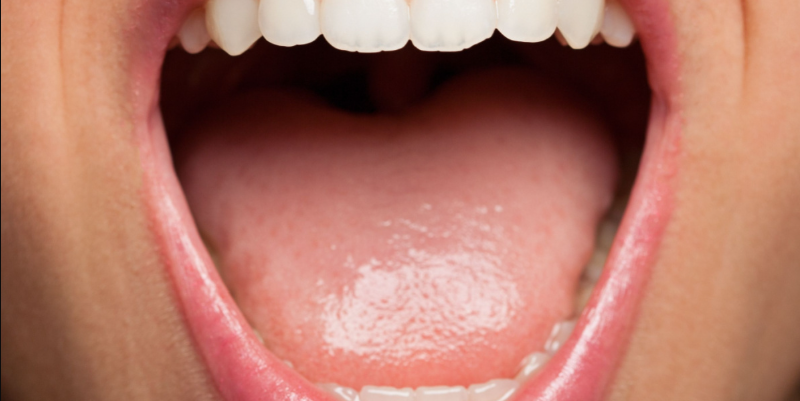7 Signs of Diabetes That Show Up in the Mouth.
Others are reading now
Learn how the first symptoms of diabetes manifest and how proper disease management contributes to better oral health.
Understanding the Basics of Diabetes

Also read
Diabetes is caused by insufficient production or poor absorption of insulin, a hormone that regulates blood sugar levels and provides energy for the body. According to the American Diabetes Association, 11.6% of the population had diabetes in 2021.
Why the Mouth Is Affected
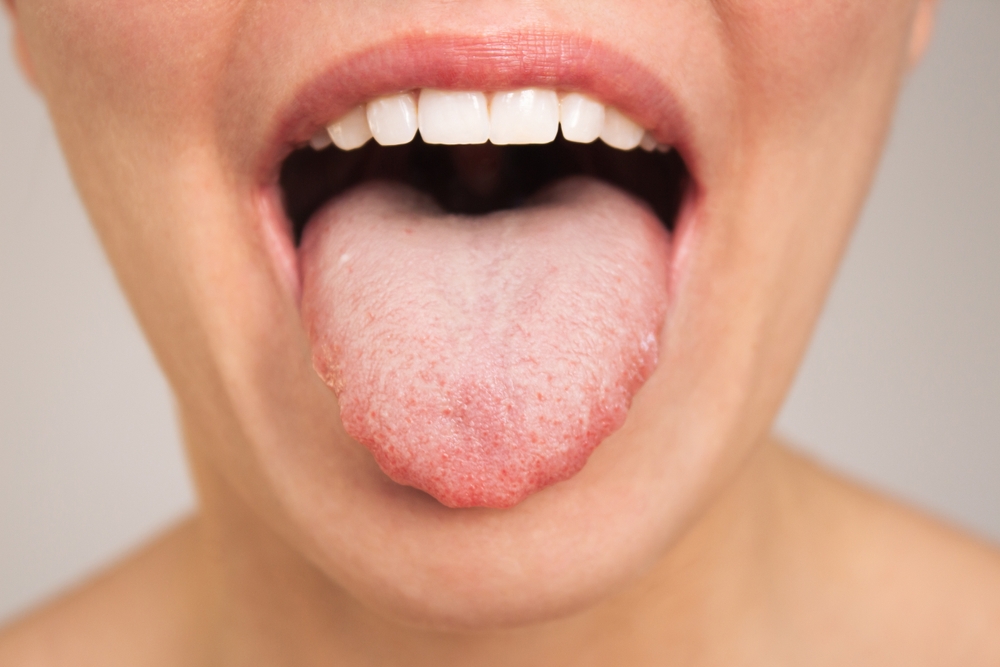
Diabetes disrupts blood sugar regulation, reducing blood flow and saliva production. This leads to a drier mouth and altered saliva pH, weakening its protective effects.
Signs of Diabetes in the Mouth

Experts state that diabetes often starts without obvious symptoms. However, certain signs in the mouth deserve close attention.
Dry Mouth
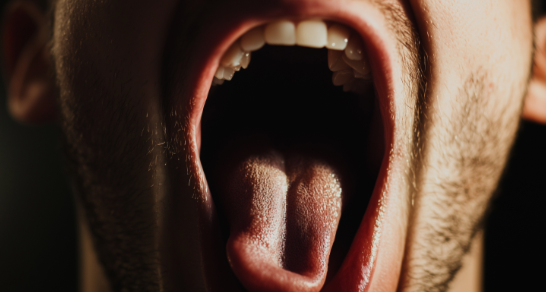
Dry mouth, or xerostomia, results from reduced saliva production due to elevated blood sugar levels. This can be an early indicator of diabetes.
Red and Sensitive Gums
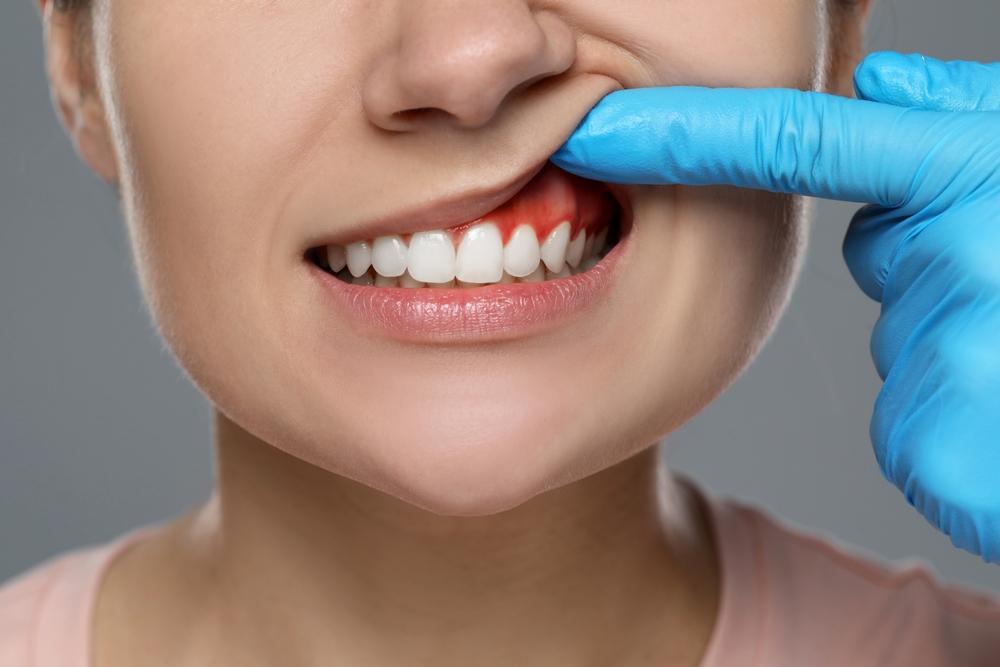
High blood sugar promotes bacterial growth in the mouth, leading to red, sensitive, and painful gums that may bleed during brushing.
Tooth Loss
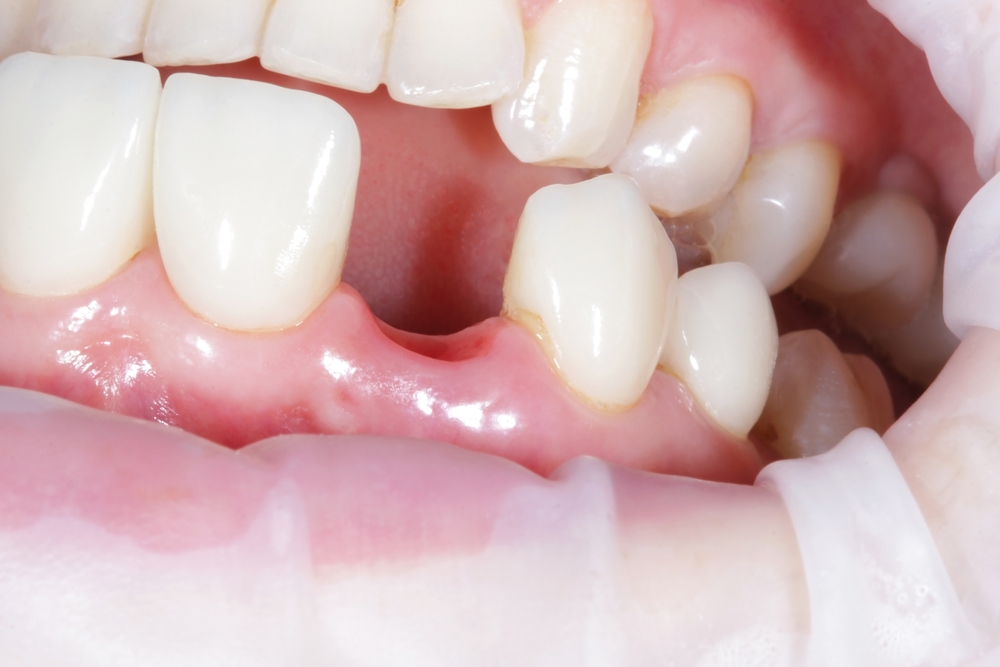
Uncontrolled diabetes increases the likelihood of periodontal disease, cavities, and other oral infections, making tooth loss more common.
Increased Sugar in Saliva

Elevated glucose levels in saliva create an ideal environment for bacteria, increasing the risk of cavities and infections.
Bad Breath
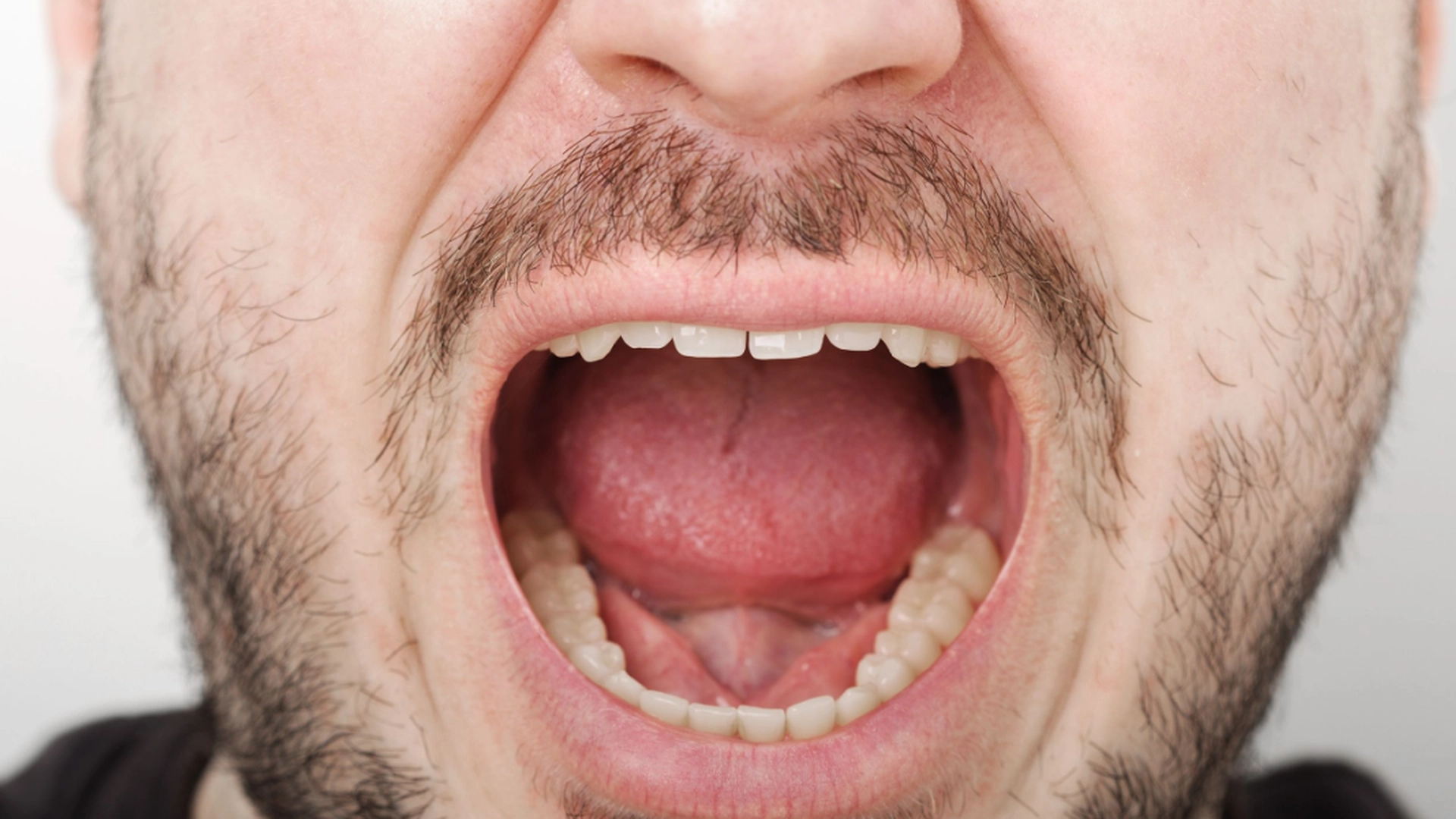
A fruity odor, known as ketone breath, occurs with poorly controlled diabetes. It is an important sign, especially when accompanied by increased thirst, fatigue, and frequent urination.
Delayed Healing

Diabetes can compromise the body’s ability to recover from injuries, which can result in complications after dental procedures.
Mouth Ulcers
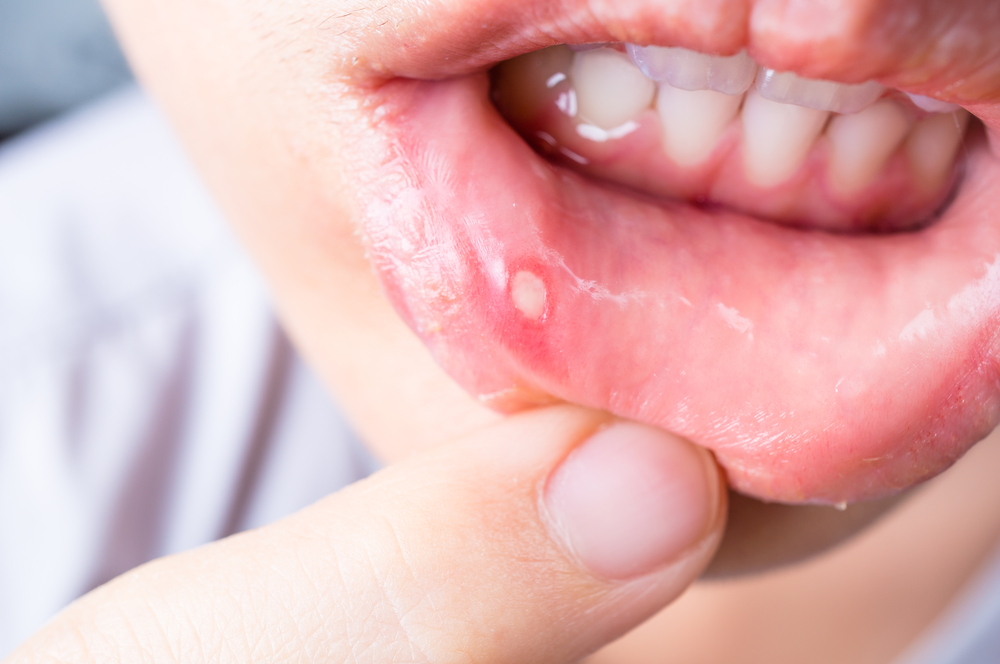
Mouth sores and ulcers are more frequent in poorly managed diabetes. They can affect quality of life and require special care.

